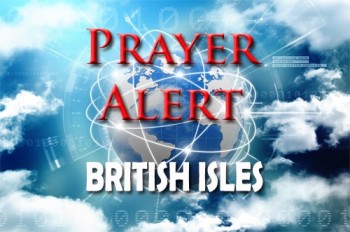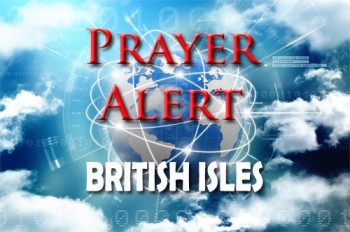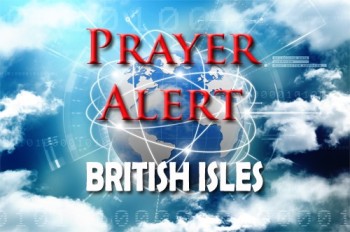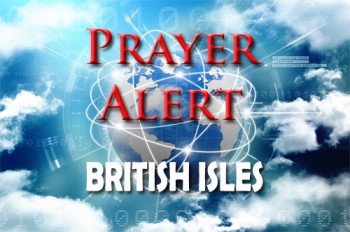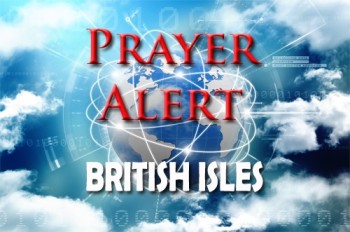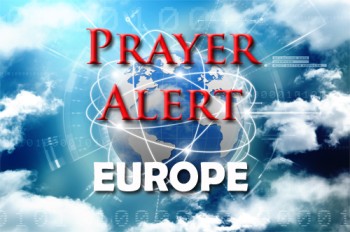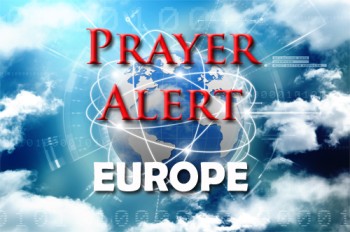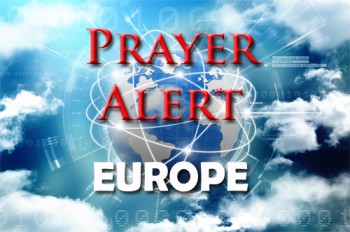Ole Miss quarterback gives glory to Jesus
Mississippi quarterback Trinidad Chambliss has captured national attention not only for his remarkable rise in college football, but for his bold and consistent Christian witness. After leading Ole Miss to a dramatic comeback victory over Georgia in the Sugar Bowl quarterfinal, Chambliss immediately gave glory to Jesus during a live ESPN interview, declaring his gratitude to Christ for sustaining him through every high and low. The win followed a standout performance in which Chambliss threw passes for 362 yards and two touchdowns. His faith has remained central throughout the season, especially after stepping in as starting quarterback following injury to a teammate. He regularly credits Jesus for giving him peace amid pressure, openly sharing his testimony with media and fans alike. Raised in a faith-centred family, his name, meaning 'Trinity’, reflects his parents’ commitment to Christ. Chambliss continues to trust God fully, offering a powerful example of humility, courage, and public faith.
UK armed forces helped US seizure of tanker
The UK armed forces have confirmed they supported a US-led operation to seize a Russian-flagged oil tanker in the North Atlantic, amid growing concerns over so-called 'shadow fleets' evading international sanctions. The tanker, Marinera, was intercepted while sailing between Iceland and Scotland after US authorities obtained a legal warrant to seize it. At Washington’s request, the UK provided surveillance support through RAF aircraft and a Royal Navy support vessel. Defence secretary John Healey said the action fully complied with international law and formed part of stepped-up efforts to counter malign activity at sea. The tanker is accused of transporting oil on behalf of Iran, Russia and Venezuela, with proceeds allegedly financing terrorism and contributing to Russia’s war in Ukraine. Moscow has condemned the seizure, while the US praised UK cooperation.
Man who sold chemicals online to assist suicides is jailed
A former British soldier has been jailed for fourteen years after selling lethal chemicals online to assist suicides, resulting in the deaths of two people. Miles Cross, 33, from Wrexham, used an online discussion forum to advertise the substance for £100, sharing a QR code to enable discreet ordering. He supplied the chemical to four individuals during the summer of 2024, even continuing sales after learning that one recipient, had died by suicide using the substance he provided. Prosecutors said Cross deliberately set up new digital and financial accounts to facilitate the operation and acted for personal financial gain, targeting complete strangers at moments of extreme vulnerability. The court heard evidence of his deteriorating mental health, but the judge emphasised the gravity of exploiting distressed individuals and enabling loss of life. This was a disturbing example of online predation and a warning of the dangers faced by vulnerable people in unregulated digital spaces.
Police vetting scandal: Met hired black child rapist to boost diversity
A damning review has revealed serious failures in the Metropolitan Police’s recruitment and vetting processes, with thousands of officers and staff inadequately checked during a major recruitment drive. The report found that as many as 22,000 recruits between 2019 and 2023 were subject to reduced or incomplete vetting, contributing to at least 131 cases of criminality or misconduct. Among those improperly vetted were two serial rapists, who committed grave crimes while serving as police officers. Investigators concluded that pressure to meet recruitment targets, including efforts to address workforce diversity, led senior leaders to bypass national vetting standards. Thousands of references went unchecked, security clearances were skipped, and some recruits began duties before approvals were complete. Home secretary Shabana Mahmood described the failures as a 'dereliction of duty' which damaged public trust and put citizens at risk.


